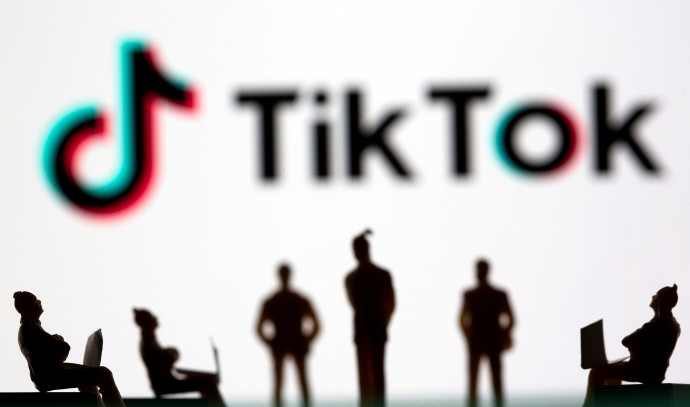
The ongoing conflict between Washington and Beijing over technology and the internet has escalated with the recent debate over TikTok. Senator Marco Rubio, the top Republican on the Intelligence Committee, expressed concern about allowing the Chinese Communist Party to control one of America’s most popular apps for years. He believes that a new law requiring the Chinese owner of TikTok to sell it is beneficial for America. However, China’s Foreign Ministry criticized the legislation, stating that there is no evidence that TikTok poses a threat to national security.
The battle over TikTok is just one aspect of a larger conflict over technology regulation and international relations between Washington and Beijing. Recent actions by Beijing, such as ordering Apple to remove certain platforms from its app store, reflect ongoing tensions between the two nations.
TikTok plans to challenge the legislation on First Amendment grounds, asserting that it protects freedom of speech and expression. The company emphasizes that it has not shared US user data with the Chinese government. Despite opposition from lawmakers in a recent Senate debate, who voted against a bill requiring the sale of TikTok attached to a measure for military aid, ByteDance was quickly approved with a limited time frame to sell its US operations.
Critics warn that selling TikTok may not be feasible within the mandated timeline and could result in an effective ban on the app. Concerns about censorship and its potential impact on young voters in the upcoming presidential campaign have been raised. The bill’s passage has implications for future technology regulation and international relations.
The ongoing conflict between Washington and Beijing highlights how technology has become an increasingly important tool in global politics. The struggle over who controls technology can have far-reaching consequences beyond just economic interests but also impact democracy, freedom of speech, and human rights.







